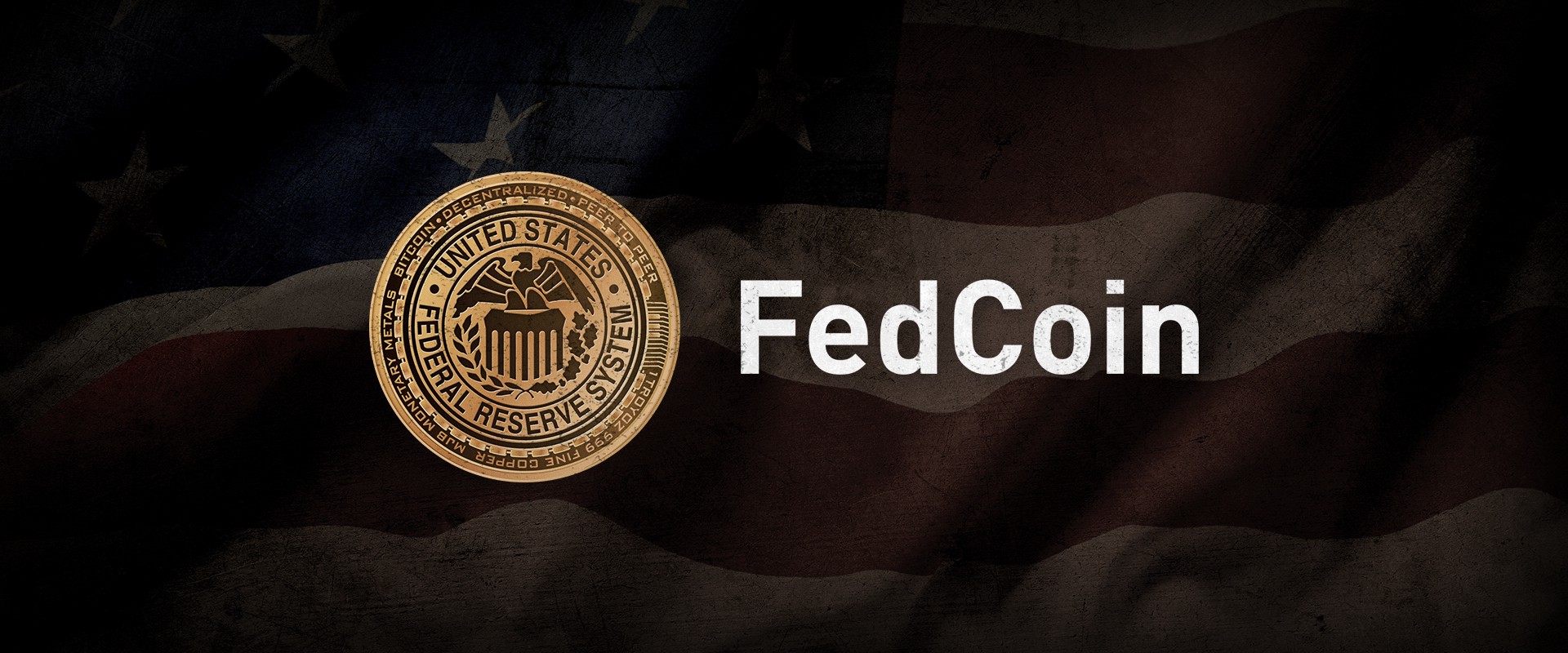PALO ALTO, Calif. (Reuters) - The Federal Reserve is taking a look at a broad variety of problems around digital payments and currencies, including policy, style and legal considerations around possibly releasing its own digital currency, Guv Lael Brainard said on Wednesday. Brainard's remarks recommend more openness to the possibility of a Fed-issued digital coin than in the past." By transforming payments, digitalization has the prospective to deliver greater worth and benefit at lower expense," Brainard stated at a conference on payments at the Stanford Graduate School of Company.
Reserve banks globally are discussing how to manage digital financing technology and the dispersed ledger systems used by bitcoin, which promises near-instantaneous payment at possibly low cost. The Fed is establishing Home page its own day-and-night real-time payments and Continue reading settlement service and is currently examining 200 remark letters sent late in 2015 about the suggested service's style and scope, Brainard said.
Less than two years ago Brainard informed a conference in San Francisco that there is "no compelling demonstrated need" for such a coin. But that was prior to the scope of Facebook's digital currency aspirations were extensively understood. Fed officials, including Brainard, have raised concerns about customer defenses and data and privacy dangers that might be posed by a currency that might come into usage by the 3rd of the world's population that have Facebook accounts.
" We are working together with other reserve banks as we advance our understanding of reserve bank digital currencies," she said. With more nations looking into releasing their own digital currencies, Brainard stated, that includes to "a set of reasons to likewise be making certain that we are that frontier of both research and policy advancement." In the United States, Brainard stated, issues that need study include whether a digital currency would make the payments system more secure or simpler, and whether it could position financial stability risks, consisting of the possibility of bank runs if cash can be turned "with a single swipe" into the reserve bank's digital currency.
To counter the monetary damage from America's unmatched nationwide lockdown, the Federal Reserve has taken unprecedented steps, consisting of flooding the economy with dollars and investing directly in the economy. Many of these relocations received grudging acceptance even from numerous Fed skeptics, as they saw this stimulus as needed and something just the Fed could do.

My new CEI report, "Government-Run Payment Systems Are Unsafe at Any Speed: The Case Against Fedcoin and FedNow," details the threats of the Fed's current prepare for its FedNow real-time payment system, and propositions for central bank-issued cryptocurrency that have actually been dubbed Fedcoin or the "digital dollar." In my report, I talk about issues about personal privacy, information security, currency control, and crowding out private-sector competitors and innovation.
Proponents of FedNow and Fedcoin say the government should develop a system for payments to deposit immediately, rather than motivate such systems in the economic sector by raising regulatory barriers. But as noted in the paper, the economic sector is providing an apparently unlimited supply of payment innovations and digital currencies to fix the problemto the level it is a problemof the time gap in between when The original source a payment is sent out and when it is received in a bank account.
And the examples of private-sector development in this location are lots of. The Clearing Home, a bank-held cooperative that has been routing interbank payments in various types for more than 150 years, has been clearing real-time payments given that 2017. By the end of 2018 it was covering half of the deposit base in the U.S.